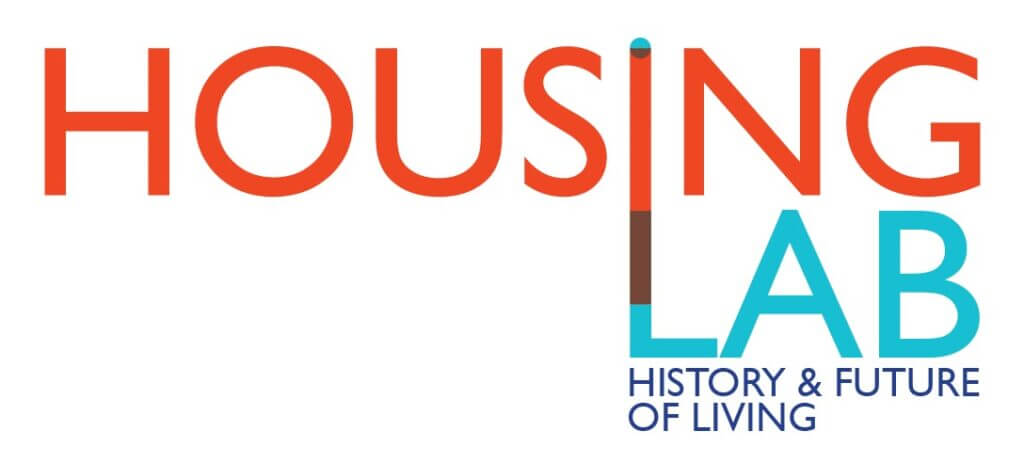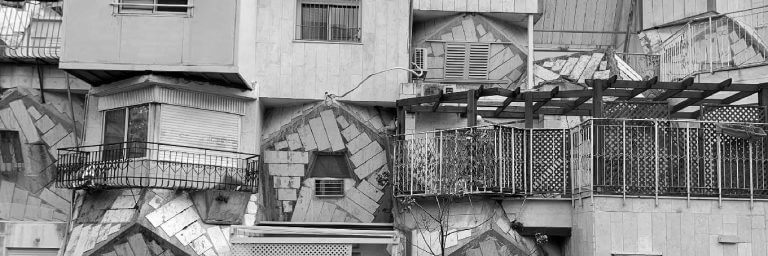
HousingLab: History And Future Of Living Research Group
Background
HousingLab develops research methods that address the large-scale and multifaceted nature of housing, devises design theory and design methods to ensure that planning and design target housing needs for the greater public facing the global housing crisis. Looking into the future of architecture history, HousingLab engages in developing archival methods for visual digital data as primary sources.
HousingLab Research Group provides a platform for studying housing as architecture in addition to policy. As the historical arena for the modernization of the discipline via revolutionary design to meet sociopolitical changes, the timeliness of housing today as a re-emerging field of innovative scholarship is reflected in the ongoing global housing crisis. The phenomenon of housing for the general public poses a challenging premise for research and design: the detailed specificity of housing provision vs. housing as a fundamental, persistent problem-space, requires the development of theoretical and analytical methods. Our group has made several important contributions to both the historiography of housing as architecture and to its theorization as a key arena for cultural production for and by society at large.
Research focus
The HousingLab research group involves expanding three realms of knowledge production:
- History and theory of housing as architecture
- Architectural history of Israel and Palestine as a housing project.
- Developing archival theory and methods for digital visual primary sources.
Funded projects
- Israel Science Foundation (ISF), “Digital Humanities Approach to Architectural History of the Built Environment: A Case Study of the Architectural Legacy of the 1980-1990s in Tel Aviv”. PI.
2021-2023, 510,000 NIS. - Ministry of Science (MOST), “Digital Humanities Approach to the Study of Post-Modern Architectural Legacy of Tel Aviv“ Co-PI Associate Professor Yasha J. Grobman.
2021-2023, 320,000 NIS - Israel Ministry of Housing and Construction, “Pandemic and Elderly Housing Beyond Confinement, Isolation and Vulnerability: Reconsidering the Architecture of Aging Populations” Co-PI Associate Professor Yasha J. Grobman.
2020-2021, 330,000 NIS. - Israel Institute for Advanced Studies (IIAS): Re-theorizing the Architecture of Housing Research Group. Co-PI with Gaia Caramellino (Politechnico di Milano) and Susanne Schindler (ETH).
$ 500,000. 2019-2020.
https://openscholar.huji.ac.il/iias/people/yael-allweil
https://openscholar.huji.ac.il/iias/re-theorizing-housing - Tel Aviv Municipal Preservation Department: Modern-Postmodern: Tel Aviv 1980-1990s Architecture and Urbanism. PI. 145,000 NIS. 2017-2020.
- Council for Higher Education in Israel via Social Hub for Housing and Community: Brutalism and Community? Beit Be’eri Housing Estate. PI. 80,000 NIS. 2017-2019.
- Tel Aviv Municipal Preservation Department and Center for Research and Development in Architecture: Future_ARChive: Developing Machine-Vision Capacity for Mass Archival of the Built Environment. PI. 96,000 NIS. 2018-2020.
All Rights Reserved. 2025 © Faculty of Architecture and Town Planning. The Technion, Haifa. Created by Catom web design.
Accessibility Statement || Privacy Policy





